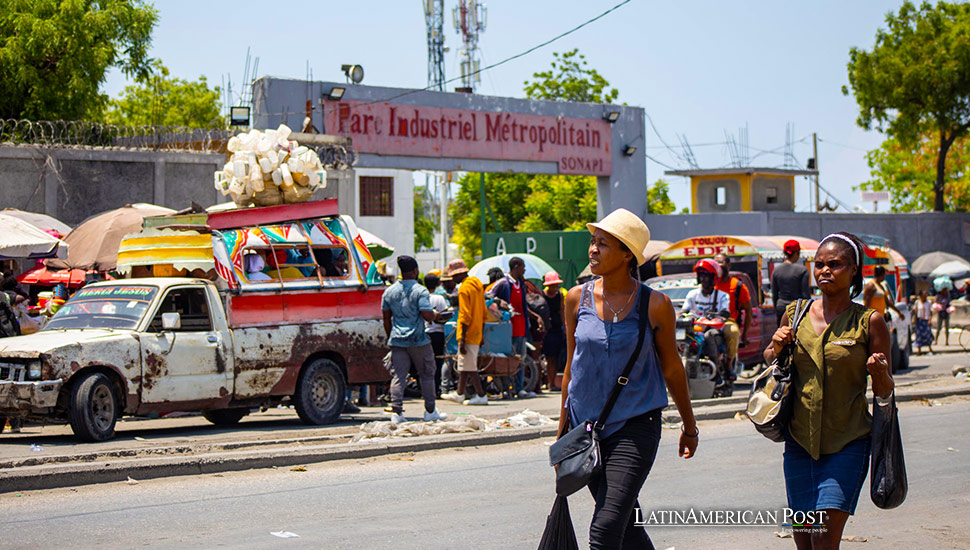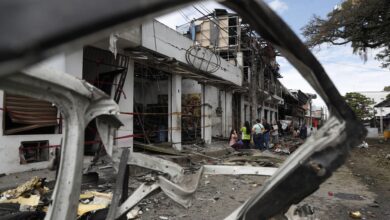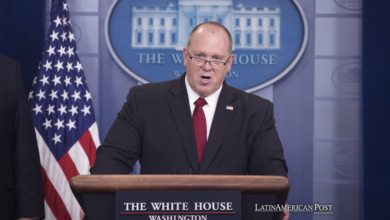Hunger in Haiti Reaches Record Levels

Haiti faces an unprecedented hunger crisis, with violence exacerbating food insecurity to its worst since the 2010 earthquake. The World Food Programme warns of depleted food reserves by April’s end, signaling a dire need for immediate international intervention.
Haiti is grappling with a historic hunger crisis, with the World Food Programme (WFP) raising alarms about potentially running out of food supplies by late April. This dire situation is set against a backdrop of spiraling violence in the impoverished Caribbean nation, severely impacting the food security of its population.
Haiti’s Looming Hunger Crisis
The WFP’s stark warning comes as Haiti’s principal port and airport closures have disrupted the flow of essential goods, leaving the country with just enough food to sustain 175,000 people for a month. This bottleneck has escalated food insecurity to levels not seen since the catastrophic earthquake of 2010, affecting approximately half of Haiti’s 11 million inhabitants.
Jean-Martin Bauer, the WFP’s director in Haiti, emphasized the urgency of the situation and stated the organization’s efforts to reach the most vulnerable. However, he highlighted the critical need to reopen the capital’s port and unimpeded access throughout the country to ensure the continuity of their aid programs.
Since the onset of the crisis on March 1, the WFP has provided food assistance to over 500,000 people nationwide, with 290,000 children receiving hot meals in schools. The organization has also prioritized purchasing locally produced food to support Haiti’s economy. Yet, the soaring food prices are making necessities unaffordable for millions of Haitian families, further deepening the crisis.
Surging Prices and Declining Incomes
Market analysis by the WFP reveals a staggering increase in the cost of staples like corn and rice, with prices surging by 42% and 35%, respectively, from March 2023 to March 2024. This inflation and ongoing violence have significantly undermined food security, with over two-thirds of households experiencing substantial income drops and seven out of ten departments reporting higher food prices than in January.
Adding to the distress is the alarming nutritional assessment by the Integrated Food Security Phase Classification (IPC), which predicts nearly 277,000 children under two years old in Haiti will face or are facing acute malnutrition by November 2024, including 125,000 who are severely malnourished.
Haiti’s Crisis in Regional Context
This crisis in Haiti reflects broader regional challenges, where political instability, economic struggles, and environmental disasters often intersect, exacerbating food insecurity across Latin America. Countries like Venezuela, Guatemala, and Honduras have also faced significant food security challenges, driven by factors ranging from political unrest to economic downturns and climate-related issues.
The situation in Haiti, however, stands out due to the compounded effects of political instability, economic decay, and natural disasters, making it one of the most acute humanitarian crises in the region. The international community’s response to Haiti’s plight is critical, as the country’s existing vulnerabilities are magnified by the current wave of violence and the looming threat of a complete depletion of food supplies.
Latin American nations and global partners must recognize the interconnected nature of the region’s challenges. The crisis in Haiti is not isolated but indicative of broader systemic issues that can destabilize the entire area if left unaddressed. Collaborative efforts are needed to provide immediate relief and to work towards sustainable solutions that address the root causes of food insecurity and political instability in Haiti and beyond.
Also read: Haiti’s Health Crisis: A Glimpse into Latin America’s Struggle
The call for immediate action is not just about averting a humanitarian disaster in Haiti; it’s about upholding regional stability and integrity. The crisis is a stark reminder of the fragility of food security in conflict-ridden and economically vulnerable countries and the critical role of international aid and cooperation in addressing these challenges.
The hunger crisis in Haiti, amid ongoing violence and economic hardships, is a pressing concern that demands a coordinated international response. The situation highlights the broader issue of food insecurity in Latin America, necessitating a collective approach to ensure the well-being and stability of the region. As the WFP’s food reserves in Haiti dwindle, the imperative for immediate and sustained action becomes ever more apparent, underscoring the need for solidarity and support to navigate this complex humanitarian emergency.




